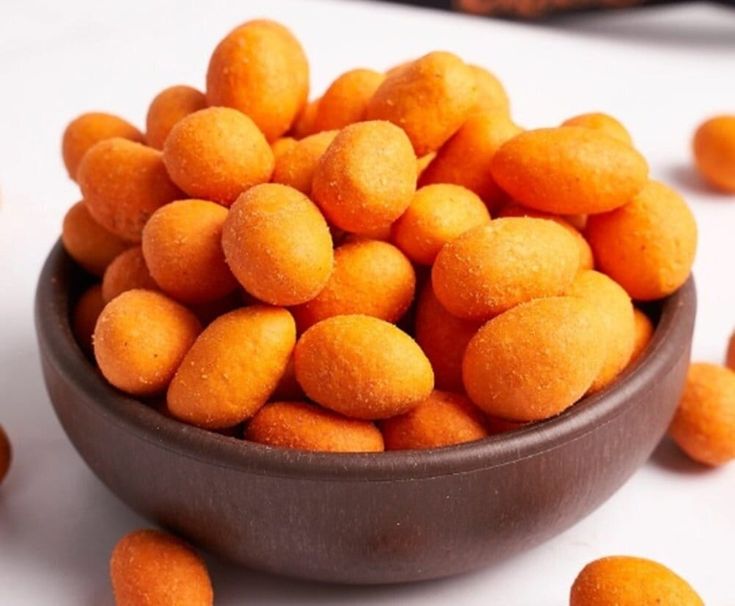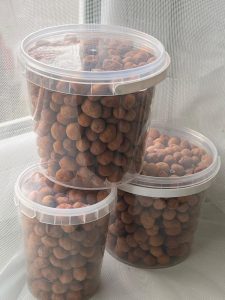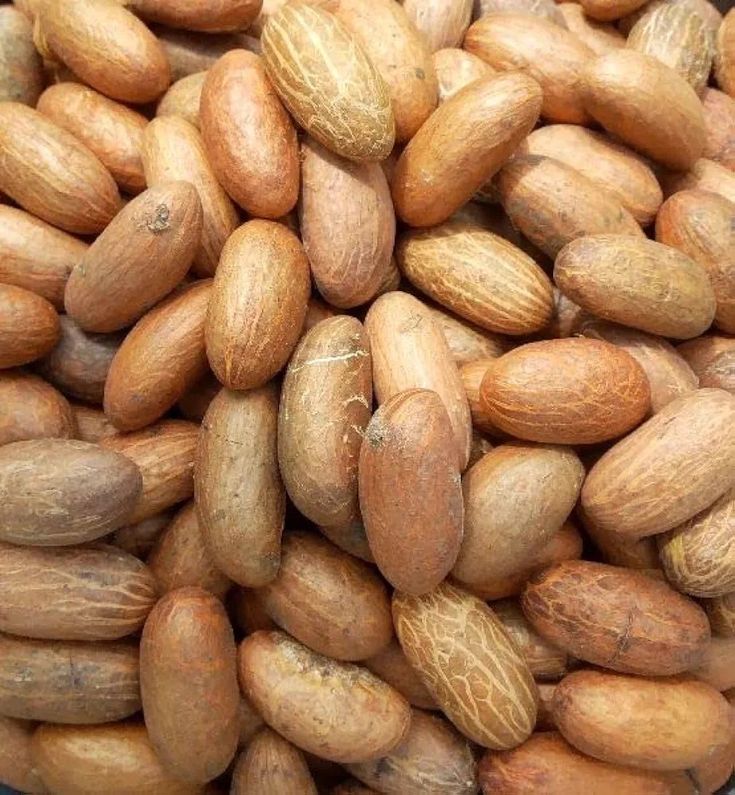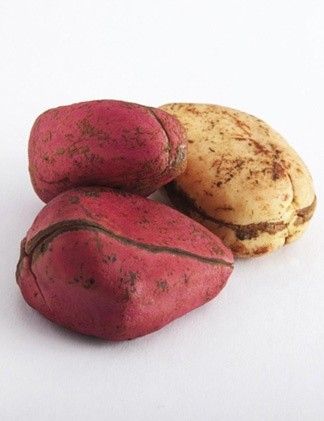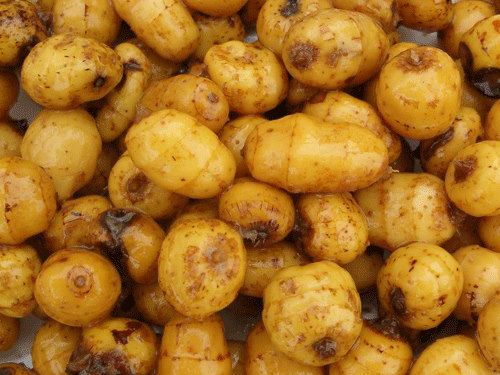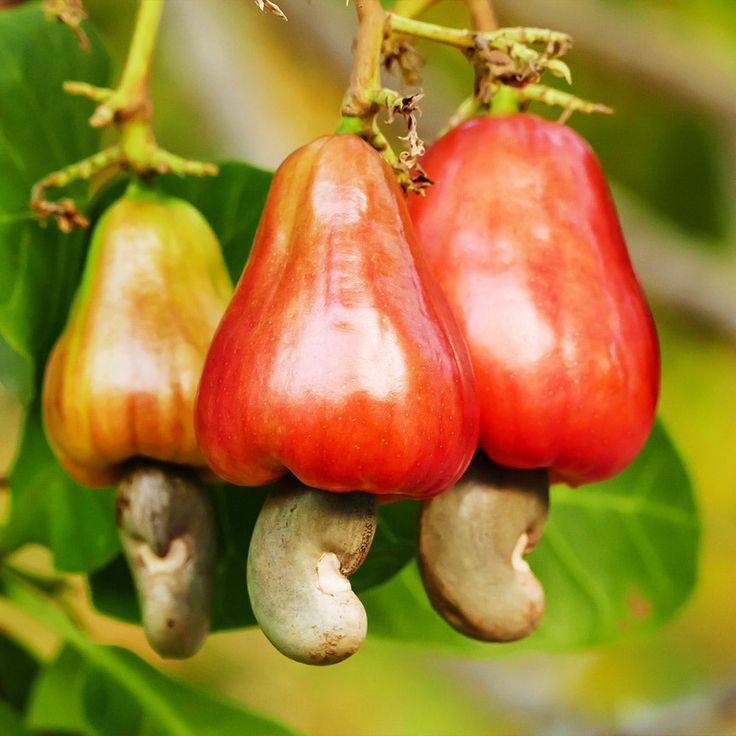What It Is
Peanut snacks are food products made from peanuts (groundnuts) that are processed into ready-to-eat forms. They include roasted peanuts, coated peanuts (spicy, honey-coated, chocolate-coated), fried peanuts, groundnut brittle (kuli-kuli, peanut candy), and peanut butter snacks. These products are widely consumed as healthy, protein-rich, and energy-packed snacks.
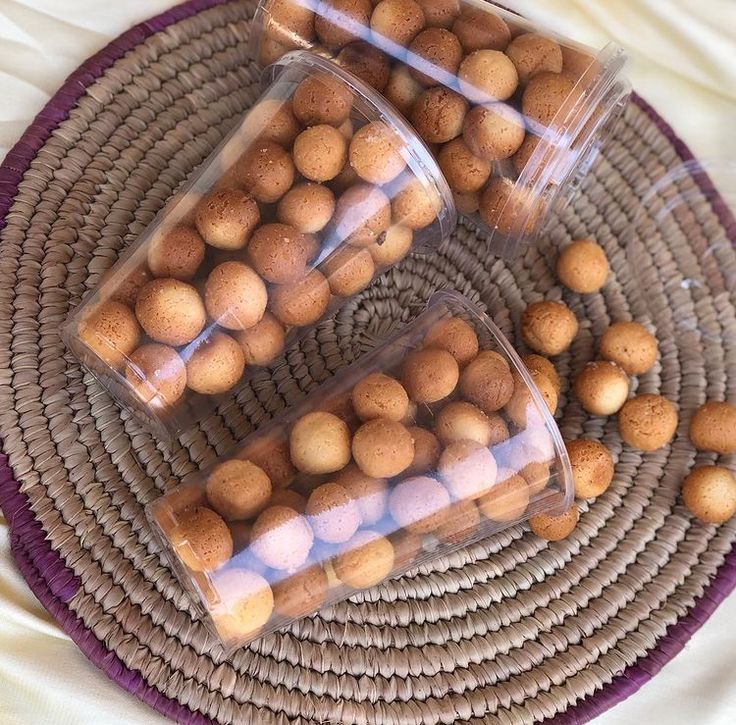
Export of Peanut Snacks
Exporting peanut-based snacks involves processing peanuts into different value-added snack products and supplying them to international markets. With rising global demand for healthy, plant-based snacks, peanut snacks are highly marketable in Europe, the U.S., the Middle East, and Asian countries.
Exporters package and ship peanut snacks in various forms, ensuring compliance with food safety standards and certifications like HACCP, ISO, FDA, and EU food laws.
Global Demand & Market Opportunities
-
High demand in Europe & North America: Consumers prefer roasted and flavored peanuts as convenient snacks.
-
Middle East & Asia: High demand for coated, spicy, and sweet peanut snacks.
-
Africa & Diaspora markets: Strong market for kuli-kuli and groundnut brittle.
-
Global Snack Food Market Size (2024): Valued at over $160 billion, with peanuts and nuts accounting for a large share.
Uses of Peanut Snacks
-
Direct consumption: As ready-to-eat snacks.
-
Beverage accompaniments: Commonly taken with drinks in bars, clubs, and restaurants.
-
Nutritional use: Provides protein, fiber, and essential vitamins.
-
Food ingredient: Used in snack packs, trail mixes, granola bars, and confectioneries.
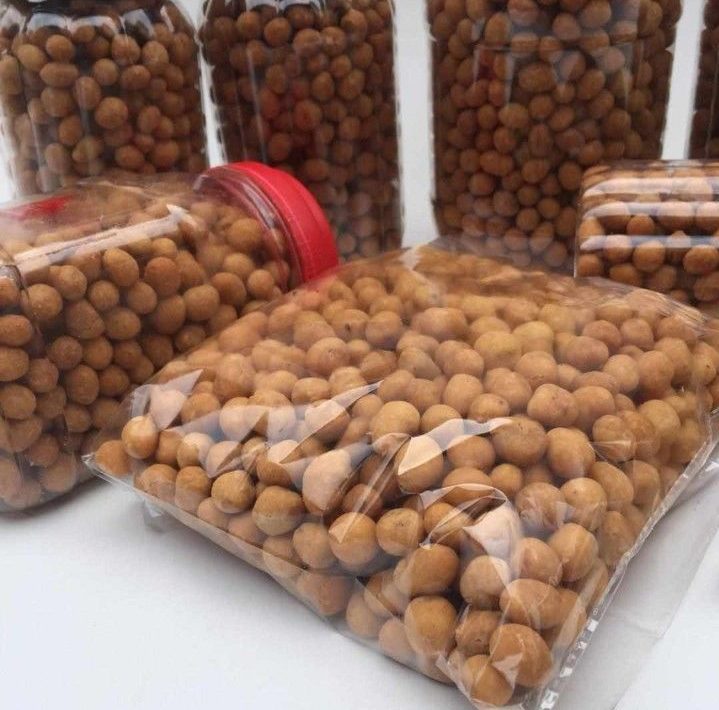
By-Products of Peanut Snacks Export
From peanut snack processing, several by-products can be derived:
-
Peanut Shells: Used for biomass, animal bedding, or activated carbon.
-
Peanut Husks & Hulls: Processed into livestock feed or organic fertilizer.
-
Peanut Skins: Used for antioxidants and functional food ingredients.
-
Kuli-Kuli Residue (cake): Added into animal feed or used for making peanut flour.
Packaging for Export
Peanut snacks must be well-packaged to maintain freshness and meet international standards:
-
Flexible pouches (zip-lock, foil-lined, resealable packs)
-
PET jars or tins (for roasted or coated peanuts)
-
Vacuum-sealed packs (to extend shelf life)
-
Bulk cartons (for wholesale buyers)
Labeling should include nutritional facts, allergen warnings (contains peanuts), best-before date, origin, and certification marks.
Export Requirement
-
Certifications: HACCP, FDA, EU Food Safety, SON (Nigeria), NAFDAC.
-
Compliance: With Codex Alimentarius, EU Food Safety Regulations, and U.S. FDA standards.
-
HS Code:
-
Roasted or otherwise prepared peanuts – HS Code 200819
-
Groundnut-based products & snacks – HS Code 2008.11 / 2008.19
-
Key Importing Countries
-
Europe: UK, Germany, Netherlands, France
-
North America: USA, Canada
-
Asia: China, India, Japan, South Korea
-
Middle East: UAE, Saudi Arabia, Qatar
-
African diaspora markets: UK, Italy, Spain
In summary, Peanut Snack Export is a profitable value-added agribusiness with global demand. Exporters who focus on quality, attractive packaging, compliance with food regulations, and market-specific flavors can achieve significant returns.

